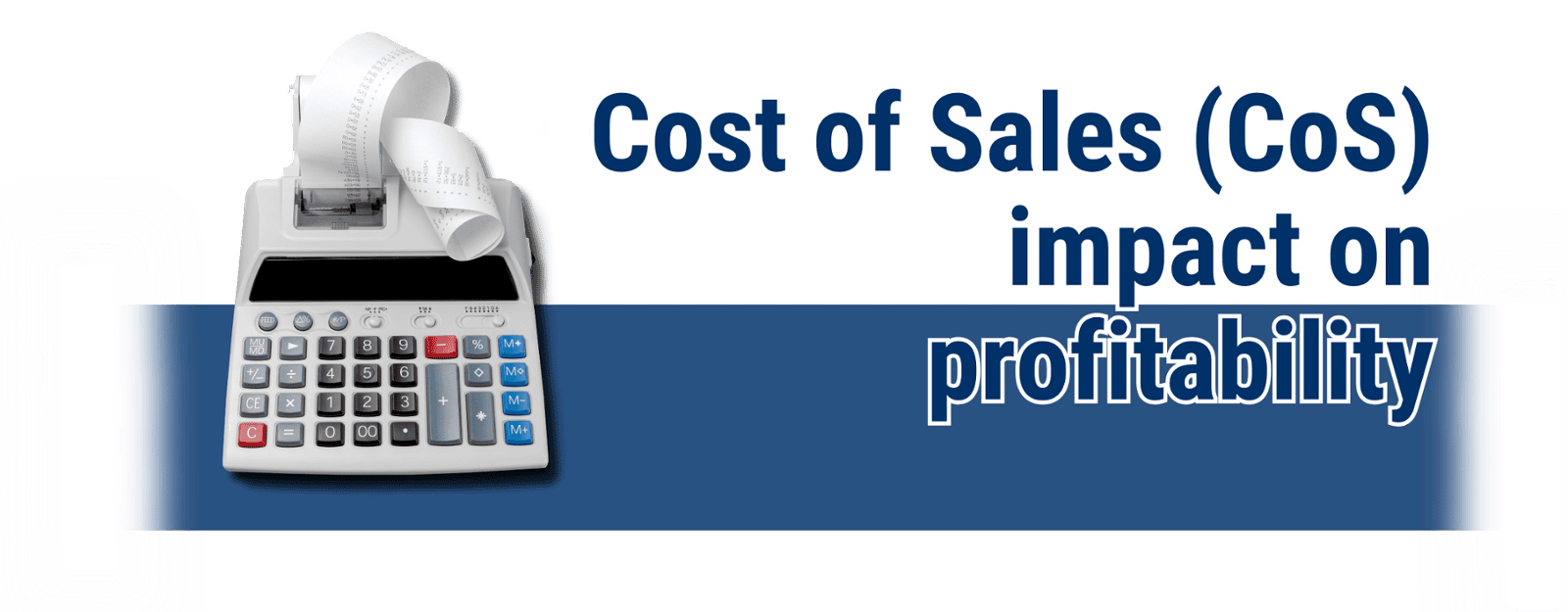The Cost of Sales (CoS) metric measures the direct costs involved in producing or acquiring the goods or services that your business sells over a given period.
Think of it as the money that disappears out of the door with each sale.
For a product-based business, it's the cost of the raw materials, the labour directly involved in making the product, or the wholesale price of items bought for resale.
For a service-driven business, it’s the direct labour or subcontractor costs for delivering that service. It's crucial for understanding your true profitability on each item or service sold.
How can CoS impact your business?
Knowing how much it costs you to produce one unit, or sell one service can be an incredibly revealing metric. Spend too much on operational costs and your margins will be too small. Spend too little and the quality of your product or service may suffer.
Let’s take a look at the impact of your CoS number, and what it can tell you about the financial efficiency of your small business.
A high CoS directly reduces your Gross Profit Margin, impacting the money available to cover your operating expenses and ultimately shrinking your net profit. Managing CoS is vital for creating sustainable earnings from your business model.
2. Pricing strategy:
Understanding CoS is crucial for setting competitive prices while remaining profitable. If your CoS is too high, you might underprice, leading to losses. If you overprice, you run the risk of losing price-sensitive customers. Your CoS is vital for guiding your minimum selling points.
For product-based businesses, your CoS number is directly linked to your inventory valuation and management. When you reduce waste or obsolescence through efficient, proactive inventory management this directly lowers your CoS and improves cashflow.
4. Operational efficiency:
Analysing your CoS helps you identify any potential inefficiencies in your production or service delivery. This could include areas like excessive material waste or unproductive labour. Streamlining these processes directly reduces your CoS and boosts operational performance.
When you manage your CoS well, you can build real strength into your financial health. Good cost control gives you solid financial foundations on which to grow the business. And by improving areas like operational efficiency and your gross profit margin, you also make your business more attractive to lenders and investors – opening up better access to funding.
Talk to us about reviewing your Cost of Sales
Want to give your financial health a welcome boost? Getting in control of your CoS and your operational efficiency is an important way to do this.
Book some time with our team to review your numbers and get your CoS under control.

